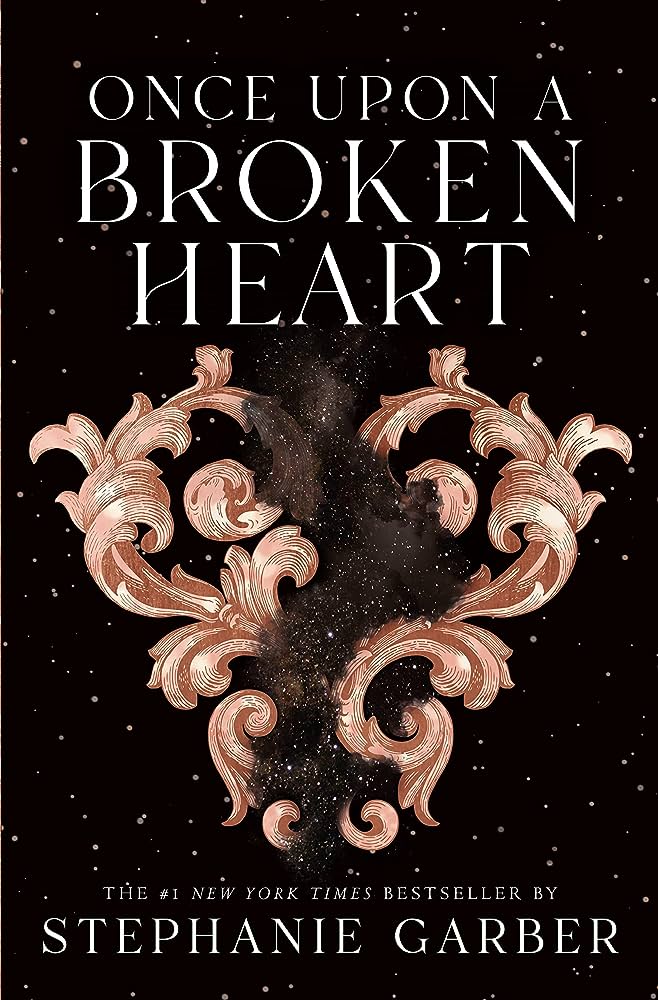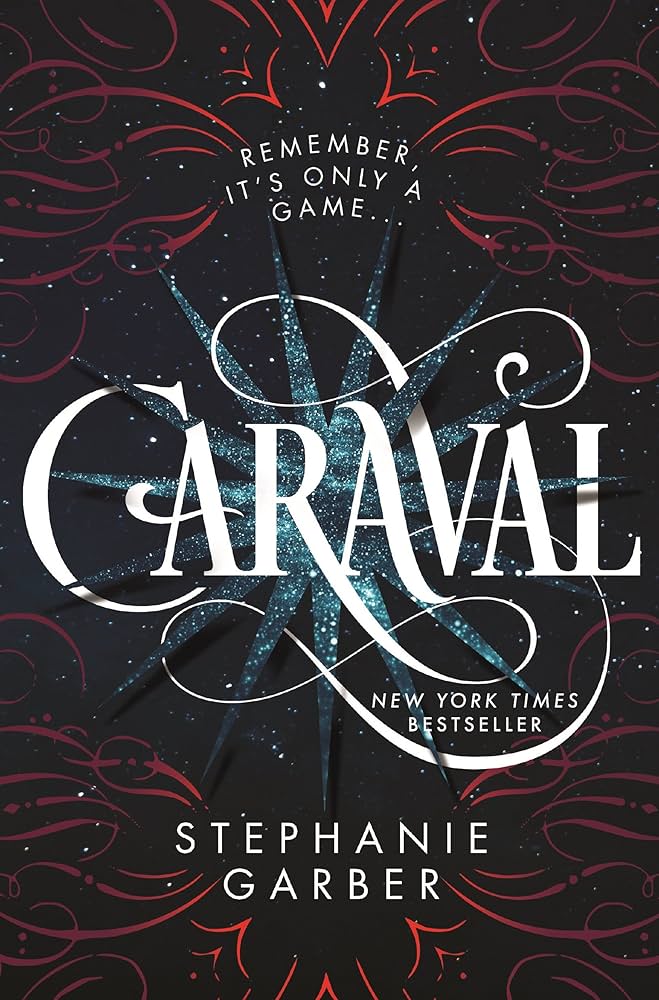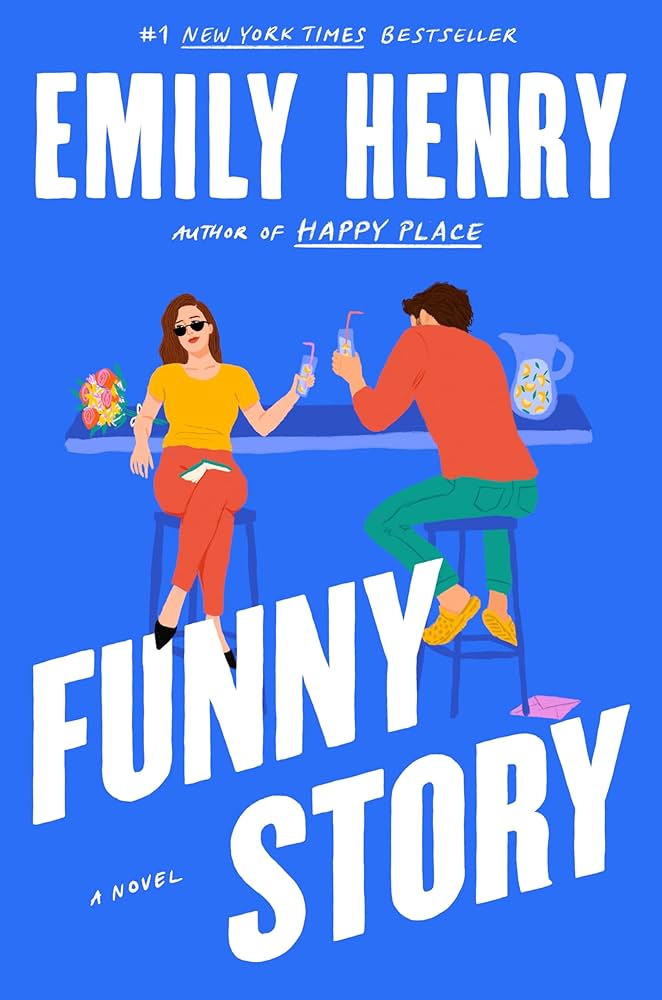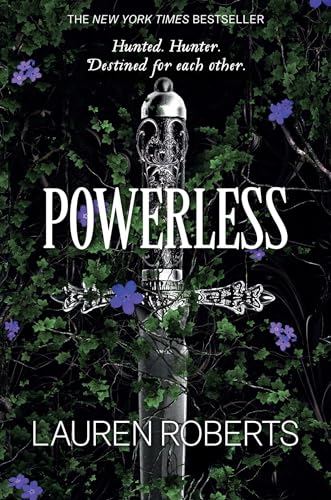Allow me to introduce you to the incredible author, TJ Klune, whom I have the pleasure of interviewing today. TJ Klune’s exceptional literary talents have garnered widespread acclaim, and I am thrilled to delve into the depths of his creative mind during this exclusive conversation. Get ready for an inspiring and insightful encounter with this remarkable author.
TJ Klune is a highly gifted and acclaimed author, renowned for his exceptional contributions to the world of literature. Fuelled by a profound passion for storytelling and a boundless imagination, he has crafted a diverse and enthralling body of work that spans multiple genres, including fantasy, romance, and contemporary fiction. Hailing from the United States, TJ’s love for literature bloomed early, setting him on the path to becoming a published author. Throughout his illustrious career, TJ Klune has garnered widespread recognition and praise for his emotionally profound and thought-provoking narratives. One of his most popular book is “The House in the Cerulean Sea.” His novels delve into themes of love, identity, acceptance, and the human experience, resonating deeply with readers from all walks of life. A champion of representation and inclusivity, TJ’s literary creations shine a bright spotlight on LGBTQ+ characters and voices, ensuring that their stories are heard and celebrated. TJ’s storytelling prowess has earned him an array of prestigious awards and accolades, cementing his status as a literary force to be reckoned with. His books have cultivated a devoted and passionate fanbase, drawn in by his ability to inspire and forge coections through heartfelt tales and engaging prose. With each new release, TJ Klune invites readers on extraordinary journeys, touching hearts and minds with the sheer power of his compelling narratives.
Introduction:
C.A: Could you please introduce yourself and tell us a bit about your writing background? What inspired you to become a writer, and how did your writing journey begin?
TJ: Hi! I am TJ Klune, a New York Times best-selling author of over 30 books, including Green Creek, The House in the Cerulean Sea, Under the Whispering Door and In the Lives of Puppets. I have published with traditional publishers (where I currently am now) and with indie publishers. I’ve also self-published some titles. To be up front: I have one semester of community college under my belt, and no further education. For me, school never really clicked. Part of it had to do with my undiagnosed ADHD, but even though I got okay grades, learning in a structured environment like that did not work for me. I learn differently, and get engaged when something excites and/or interests me. My education—if it can be called that—came from reading everything I could get my hands on, and writing terrible stories until I found what type of authorial voice I had. I was a kid—six, seven years old—carrying around a notebook and writing down whatever stories came into my head. I continued doing that as I entered my teen years, and it was the only thing I felt I had that belonged solely to me. As I got older, I wanted to write a novel—so I did. It was obviously a “first” novel, but it somehow got picked up and published in 2011. I haven’t looked back since!
Creative Process:
C.A: Could you share a glimpse into your creative process? How do you approach developing ideas and turning them into stories? Do you have any specific rituals or habits that help you get into the writing zone?
TJ: I am very much a character-oriented writer. Characters come first for me, and that makes sense since my ideas usually come in the form of characters talking to me and getting more insistent about having their stories told. I tend to outline everything I write extensively—my outlines can be tens of thousands of words on their own. But it helps me to have a roadmap of where I’m going with the story. It’s not set in stone—I try and leave room in case my brain hijacks my imagination and decides to go in a different direction then what I had plaed. Outlines—for me—are as much a part of the writing process as writing the book itself. It keeps me focused and on track. Music plays a big part of getting me in the right headspace. I usually make playlists as I’m going along while writing each book, and I listen to them through the entire process.
Writing Influences:
C.A: Who are some of your favorite authors or literary influences, and how have they shaped your own writing style? Are there any books or works that have had a profound impact on your writing career?
TJ: My favorite author of all time is Stephen King. I’ve been reading him since I was eleven or twelve years old—which is something many people born in the 70s, 80s or 90s can say as well. Though I don’t write horror—yet—it is my favorite genre, and I’ve read everything King has written multiple times. In terms of influences, Terry Pratchett is a big one, and Diae Wy Jones and Douglas Adams. Their style of writing in fantasy is what I strive for. The book Howl’s Moving Castle by Jones is one of my favorite books.
Overcoming Challenges:
C.A: What challenges have you faced as a writer, and how did you overcome them? How do you handle writer’s block or periods of self-doubt?
TJ: Every piece of writing will come with its own unique challenges. If it was so very easy, everyone would be doing it. A big challenge for newer writers can be in the editing process. When your editor is reviewing your work, it can sometimes feel like the story isn’t your own anymore. What I’ve learned over the years that a good editor doesn’t want to change your story into something unrecognizable; they want to take the work you’ve created and make it that much better. Editing is some of my favorite parts of writing because when you’re working with someone who gets your writing, it feels like a collaboration. Writer’s block will hit every writer. It’s just the way it is. For me, trying to push through that block only makes things worse. If I ever get to that point, I usually step away from the work for a little while, either by taking a break for a bit or working on something else. Usually, when I give myself some distance, I can see where I went wrong when I come back. Forcing yourself through a block is an easy way to make you frustrated, so I try and avoid that if possible.
Character Development:
C.A: How do you approach developing compelling and relatable characters in your stories? Are there any strategies or exercises you use to ensure your characters feel authentic and three-dimensional?
TJ: Dialogue is something I work very hard on. Regardless if I’m writing about the fantastical, I want the
characters to feel real to the reader. A big part of that is through dialogue. Though it can be time consuming, when I finish writing a first draft, one of the big things I do is go back and read almost every
piece of dialogue out loud to make sure it sounds like something a person would actually say. Nothing
throws me out of a book quicker than dialogue that sounds inauthentic, and I try to avoid the same thing happening with my books. The best insight into a character is how they use their voice, and I love figuring out how that all fits together.
Creative Inspiration:
C.A: Where do you find inspiration for your stories? Are there any specific themes or topics you enjoy exploring in your writing?
TJ: Inspiration comes from everywhere—you just have to know to look for it. For example, my most recent novel, In the Lies of Puppets, is reimagining of the story The Adventures of Pinocchio. But instead of involving puppets, it is about machines. The entire reason this book exists is because I bought a Roomba vacuum cleaner for my house. It made these fuy little beeping sounds when I turned it on for the first time, and I was struck by an idea for a story that I hadn’t considered before. And wouldn’t you know? The vacuum is a character in it! My books have always been about and will always be about queer people from all walks of life. I never got to read stories about queer people getting to go on adventures or saving the day when I was a kid. I don’t want anyone else to feel that way, so my books are queer-centric, and I will continue to do that for as long as I tell stories.
Personal Reflection:
C.A: Is there a particular book or project you are most proud of? Could you share the story behind it?What is the most rewarding aspect of being a writer for you?
TJ: The most rewarding aspect is seeing people get excited about reading. Books are magic, and the fact that I get to add to that magic is something extraordinary. I am very proud of two books in particular: In the Lives of Puppets and How to Be a Normal Person. The reason is because those two books have asexual main characters. I am asexual, and the fact that I get to write that kind of representation is just the best. We need more books with ace characters!
Editing and Revision:
C.A: How important do you think the editing and revision process is for a writer? Could you share your approach to editing your own work? Do you have any suggestions for writers on how to improve their editing skills?
TJ: As I mentioned previously, editing is one of my favorite parts of writing a story. Getting in deep and
moving things, deleting things, changing other things around—all if it feels like putting together a giant
puzzle with the picture getting clearer and clearer. Remember: a good editor is there to make your story the best it can be. That being said, use your voice! If you feel particularly strong about a part of the story, mention that! It’s important for a writer to know when to agree, know when to make concessions, and know when to do what the editor suggests. And editors worth their salt know to have a dialogue with their writer so everyone is on the same page.
Publishing and Marketing:
C.A: What has been your experience with the publishing industry? Any advice for aspiring authors on finding agents or publishers? How do you navigate the world of book marketing and promotion? Any tips for authors looking to build their audience?
TJ: Most—if not all—traditional publishers do not take unsolicited manuscripts, meaning those not sent in by an agent. An agent acts as the proxy, the intermediary, and does the job of selling the book. A great piece of advice I got from my agent is that anyone and everyone will get rejected at one point in their writing careers (I have, multiple times!). But what’s most important is getting your book into the hands of the one person who sees the potential in it. When that happens, many times, the rest falls into place. Marketing a book is a full-time job unto itself. Many indie publishers don’t have the marketing budget a bigger publisher might have, so that is something to consider. But even when the budget is there, the author is still sometimes required to go out into the world and talk to readers and librarians and booksellers about books. I happen to love that side of things, but it can be tiring, especially if you are an introvert like myself.
Advice for Budding Writers:
C.A: What advice would you give to aspiring authors who are just starting their writing journey? How do you handle rejection and criticism in the publishing world?
TJ: Read as much as you write. Read anything and everything. Not only can it help a writer see how other authors work, but it can also give idea for narrative structure, character work and arcs, and sometimes even what not to do. Also, consider fanfiction. Though the literati turns their nose up at it, fanfiction is a valid form of writing and literature. In fact, fanfiction can be really helpful to newer writers as you don’t necessarily have to worry about world-building. Given that you are writing within the framework of an existing world, you can focus on character and dialogue. I think people are to easily dismissive of fanfiction when it can play a great role for writers learning their craft. As I mentioned before, everyone experiences rejection in writing. Even though it might feel personal, you can’t always think of it as such. Rejection happens; the best thing to do next is learn from it, and then move on to what comes next.
Favorite Quote:
C.A: What’s your favorite quote that keeps you going in life?
TJ: “We shall not cease from exploration, and the end of all our exploring aill be to arrive where we started, and know the place for the first time.” – TS Eliot
Future Projects:
C.A: Could you give us a sneak peek into any upcoming projects or books you’re currently working on? Is there anything else you would like to share with our readers and aspiring writers?
TJ: I have several projects in the works that haven’t been aounced yet. I can say that I have a new novel coming out next year that is going to make a certain group of readers very, very happy! More news soon. And to readers and writers: keep doing what you’re doing. Books are vital to our existence, and our stories deserve to be told.





